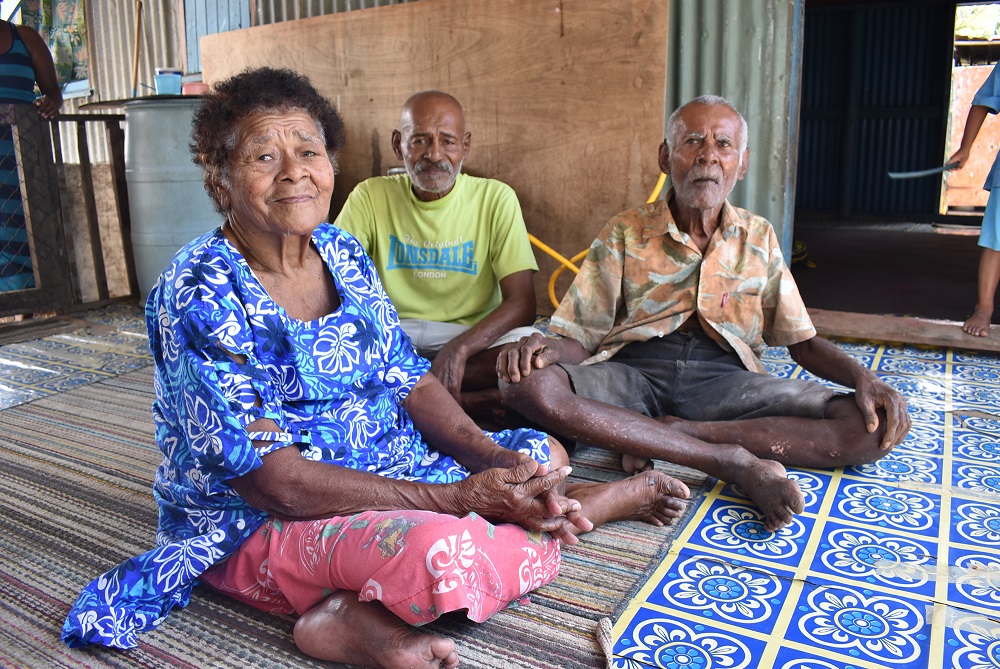HOW the people who now live in Naqiroso settlement, Lautoka came to settle there is a story of determination and courage.
In the early 1950s, Yasawa native Aminiasi Nawale and his wife Ilisapeci Pepe had the foresight to realise that educating their four children was key to a secure future.
The Natawa, Waya native and his family would travel the rough Yasawa waters in their canoe and get to Lautoka to gather information on how they could educate their children.
The journey was not easy, especially in a Fijian canoe.
On one of their trips to Lautoka, they decided to ask for a piece of land from the elders of the mataqali Tabua and tokatoka Korovatu of Lauwaki Village to make it easier on the family.
Such is the origin of Naqiroso settlement which sits comfortably outside Lautoka City.
The settlement is home to 123 people and 15 families.
Mr Nawale, his wife and four children, were the first settlers in the informal settlement located about 5.5 kilometres from the Sugar City.
Their children were given access to the education they needed and as time went on, other relatives from Waya Levu, Yalobi and Namara in Yasawa joined them at the settlement — all in pursuit of a similar dream to educate their children for a better future.
While over the years their numbers have grown, their plea for access to water, electricity and other basic human needs has never eventuated.
To get to the settlement, one has to get off at Velovelo and walk for at least 20 minutes along a rickety track.
To make matters worse, during high tide, access to the settlement is totally cut off.
Settlers rely only on two water meters to cart water from and a family has to pay $10 a day to do so.
As a result, many families have opted to fill whatever containers they can lay their hands on to last them for a week.
Today, three of the children who witnessed the beginning of the settlement are still alive but are of old age.
They remain adamant that authorities will one day consider their plea for better services.
Ratu Sione Ravusou, Merewalesi Seru and Rupeni Baleiwai are all in their 80s and they are the only remaining original residents of the settlement.
They have pleaded to the relevant authorities and knocked on every possible door for assistance but to no avail.
The 38 schoolchildren from Naqiroso record the highest absenteeism in their schools because of poor access to services, especially road.
Settlement head man Ratu Sione Ravusou Jr said despite their continuous plea for assistance, they seemed to have been forgotten — but this has never let them down.
“We will continue to knock on every door for assistance and we believe our cries will be heard soon,” Ratu Sione said.
“We are doing this for the sake of our younger generation who are still schooling.”
Ratu Sione believes the difficulties and challenges they face have not helped the children in chasing their dream careers.
While he is not giving up that basic services will reach them someday, their burdens seem to increase as time goes by.
Seawater has already started infiltrating into the six graveyards on the settlement whenever there is high tide.
“These are the graves of our elders who had fought for us to be here.
“We are just hoping something will be done to prevent waters from going into the graveyards.
“We have put up with a lot for so long, and while things are getting more difficult with the challenges of climate change, we will persevere because we still have the desire and belief that education is the answer to a better life.
“More than anything, we want our children to be in a better place than where we are right now.”




